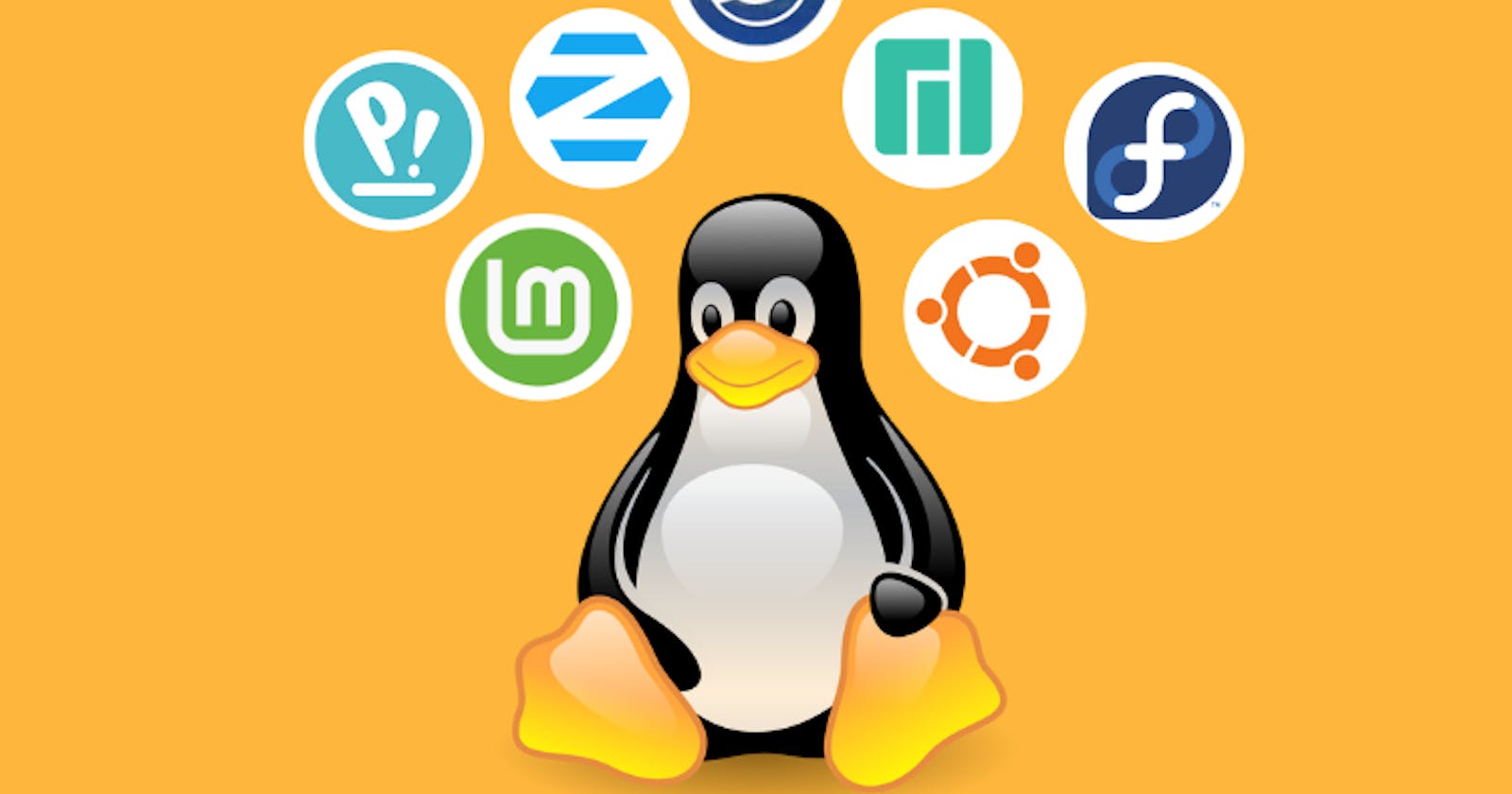We all have used computers in the past and they become quite obsolete over time. If you have a 32-bit pc right now or a pc that doesn't support Windows 11, there's a good chance that it might be useless once Windows 10 loses full support in October 2025 because there'll be no longer any security updates so your OS will be very insecure and you'll be vulnerable to many attacks. Not only that but most of the software you use will also no longer be supported so you won't be able to get the latest security updates or new features. This means that it's only safe to use it offline without connecting the pc to the internet.
You may think that's where the life of your pc might end.
But that's where Linux steps in.
Instead of throwing away that old PC, you could just install Linux on it and use it for a few more years.
Which Distro should I pick?
It's more of a personal preference but I recommend sticking to Ubuntu or Ubuntu-based distros like Linux Mint, and Pop OS since they have a good-looking UI, features and good software support. They're also very easy to use.
If you're new to Linux and are coming from Windows then Linux Mint is my recommendation for you.
Is Linux user-friendly? Does it have a huge learning curve?
Linux used to be quite complex in the past but right now it has become very user friendly. Most of the ubuntu based distros come with a rich amount of preinstalled software, good package manager support to make installations easier. You just have to get used to the terminal. Terminal isn't compulsory in most of the ubuntu based distros since they come with a package manager but its faster to install things through terminal.
Distros like Arch Linux are a big no-no for beginners since you have to setup everything yourself.
Does Linux make my PC run faster?
Yes, it does. Windows consumes a lot of RAM and resources and it becomes more demanding with each Windows release so your computer may start struggling to run Windows slowly.
Linux doesn't suffer from this issue. It uses very less resources and is blazing fast
What if I have some Windows-only software that cannot be used on Linux?
In Linux, there's always a way. You get complete control over the hardware and software and you can tweak it as you wish. If you have some Windows-only software, you can use compatibility layers like WINE to get things working. It's not that easy and user-friendly to use WINE and set up an environment without running into issues but it's better than using an OS that's out of date and prone to attacks.
Is Linux secure and up to date?
It depends on what distro you pick. The major ones get good support and most of them have LTS releases. You may not find good and popular distros if you have a 32-bit pc since its a dead build type. Most of the popular distros have stopped releasing 32 bit versions but there are still some distros that support 32 bit.
And coming to security, Linux is the most secure operating system. It's not like it has a built in antivirus or something but most of the malware is targeted towards Windows and there are not many viruses targeted towards Linux.
Not only security but offers a lot of privacy. Windows 10 and 11 come with a lot of telemetry and trackers and even bloatware but Linux doesn't have all these so it'll be a smooth experience without any sort of tracking.
Drawbacks of Linux
Just like everything, Linux has its drawbacks too.
Poor Power Management
One of them is poor power management. Linux kind of consumes too much power so your laptop battery may not last as long as it did in Windows.
Poor software support
Another one is that some software just won't run on Linux even if you try WINE. Visual Studio is one of the examples of it. It just doesn't work on Linux no matter how hard you try since it requires .NET framework to work which is only avaliable on Windows.
Poor driver support
Nvidia drivers cause a lot of issues on Linux and some of your hardware drivers like Wifi dongles just won't work on Linux because of poor driver support.
Poor support for games
If you're a gamer, you'll be pretty much limited to native steam games or few proton supported games for multiplayer. You can get games running on Linux from other stores too but you'll be missing a lot of useful features like cloud saves. Some games that require anticheat just wont work at all on Linux and there's no way to bypass this.
Conclusion
If you have an old pc that's lying around or if your current PC doesn't support Windows 11, it might be a good idea to switch Linux to get more out of your machine.
